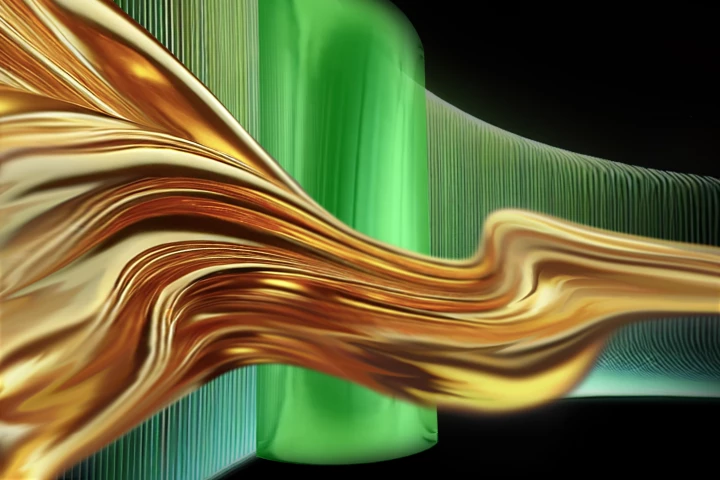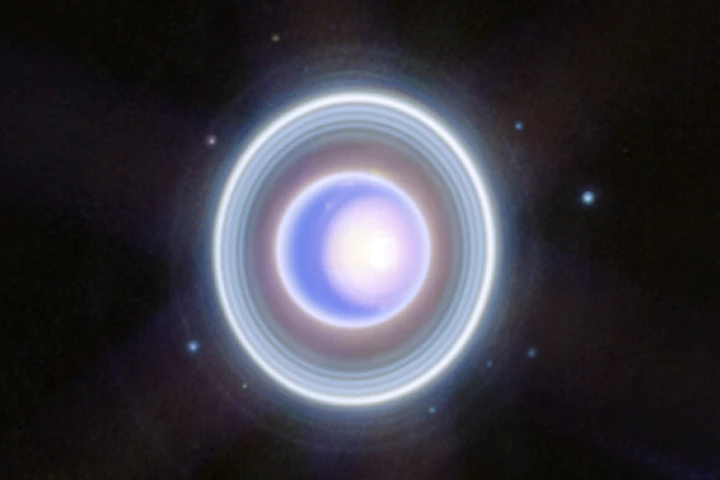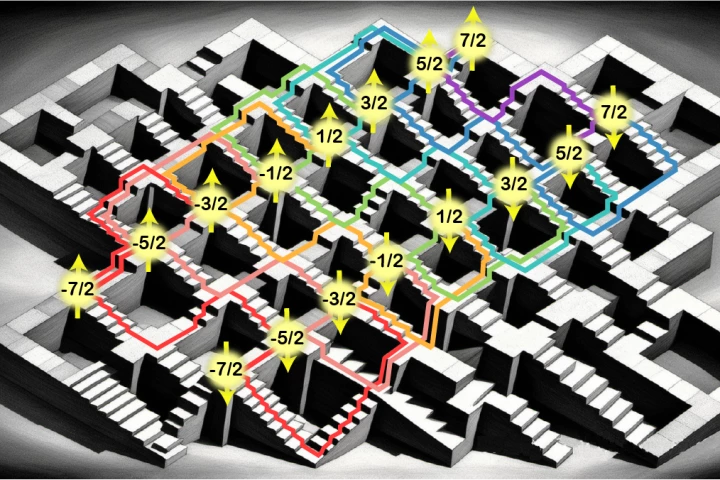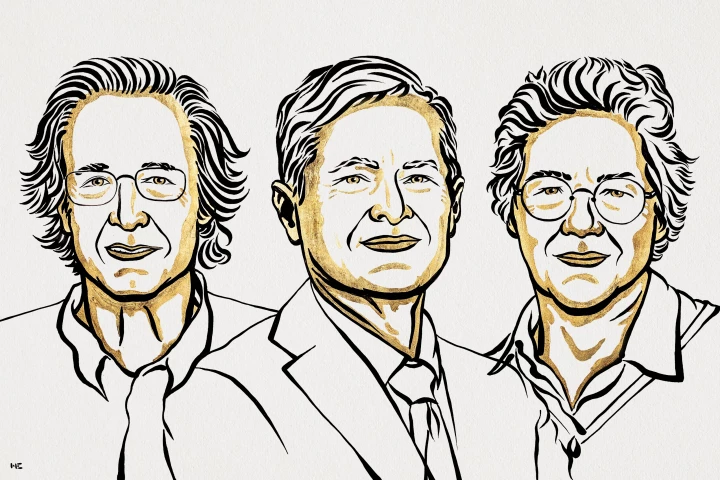Atoms
-
Two billion years before we made history and split the atom, the Earth had already accomplished it and was running its own nuclear reactors. And they operated for hundreds of thousands of years, as the first signs of multicellular life emerged.
-
Water ice is a far more complex substance than we might assume. Scientists have now created an exotic new form of ice in the lab, known as “plastic ice VII.” This strange version could exist naturally on other planets and moons in our solar system.
-
MIT scientists have coaxed atoms into an exotic “edge state” for the first time, allowing them to flow completely friction-free. The breakthrough could lead to better superconductor materials.
-
Atomic clocks are our most accurate timekeepers, losing only seconds across billions of years. But nuclear clocks could steal their thunder, speeding up GPS and the internet. Now, scientists have built and tested the first prototype nuclear clock.
-
Scientists at Berkeley Lab have used a titanium beam to make atoms of element 116. This new way to make the super rare element stands as a proof-of-concept that they could soon potentially create the undiscovered element 120, which may be stable.
-
Scientists have developed the most accurate atomic clock – if you ran it for twice the current age of the universe, it would only be off by one second. This could not only improve services like GPS, but help scientists probe how gravity affects time.
-
Scientists have discovered the potential existence of a bizarre new molecule related to water. Dubbed “aquodiium,” this ion could form under extreme conditions and may explain some of the weirdness of our solar system’s ice giant planets.
-
Time crystals are a strange state of matter with properties that sound impossible, but they have been created. Now, German scientists have made one that lasts 10 million times longer than in previous experiments.
-
You can cram much more quantum processing power into a given space if you use four different ways to store data on a single atom, according to new research. The method unlocks more powerful quantum computers that are easier to control.
-
We’ve all accidentally tied knots that we can’t untangle – but we don’t expect to win any world records. Now scientists have done exactly that, accidentally tying the world’s smallest and tightest knot in a tiny structure made of just 54 atoms.
-
Scientists have found that a “superatomic” material is the fastest and most efficient semiconductor ever. Taking advantage of a tortoise-and-hare mechanism, the new material can transport energy much faster than silicon.
-
The Royal Swedish Academy of Science has awarded the 2023 Nobel Prize in Physics to Pierre Agostini, Ferenc Krausz and Anne L'Huillier for work that's "given humanity new tools for exploring the world of electrons inside atoms and molecules."
Load More










